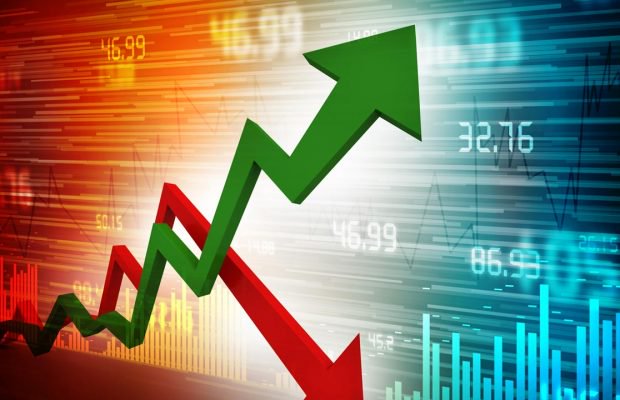Inflation Rate To Trend Toward 13% In 2019
FSDH Merchant Bank has projected inflation rate of 13 percent for 2019 fiscal year citing implementation of the new minimum wage, upward review of electricity tariff and likely removal of fuel subsidy as factors that will drive up prices next year.
This company’s projection however is in contrast to the 11.4 percent projected by the Central Bank of Nigeria of Nigeria (CBN) for 2019. While delivering the keynote address at the annual Bankers Dinner of the Chartered Institute of Nigeria (CIBN), CBN Governor, Mr. Godwin Emefiele said: “Inflation expectations are rising on the backdrop of anticipated politically-related liquidity injections.
‘ For the rest of 2018 and towards mid-2019 Nigeria’s rate of inflation is projected to rise slightly to about 11.4 percent and then moderate thereafter.” Commenting on this projection at the media presentation of the December edition of the company’s monthly economic and financial markets outlook, titled “Will Crude Oil Market Receive the Required Stimulus?”,
Head of Research, FSDH Merchant Bank, Mr. Ayo Akinwunmi said: “11.4 percent is not what our projection is for next year. From June next year we expect 13 percent inflation.”
Speaking further, Akinwunmi explained: “The implementation of the minimum wage will add a lot of money to the money that the federal government and state government will spend. This will increase the budget of the FG. It will increase the operating expenses of the FG next year.
“Our projection is that the electricity tariff has no other direction to go than to go upward next year. This is because the parameters that they used to do the current tariff, namely inflation rate, exchange rate and gas price, have changed. Operators are not operating at a profit. The tariff does not reflect the cost. FG keeps on pumping money there but they will not have money to pump in next year. So they will adjust the tariff to reflect cost and then to add little bit of profit margin. That is inflationary on its own.
“There is no way FG will sustain fuel subsidy next year. There is an ultimatum now, which fuel marketers issued on Sunday, they gave seven days ultimatum for payment of N800 billion debts. Where is government going to get that? They also said that the FG will also pay them for exchange rate differentials. And this time is very timely because this festive period and election period. So these three things will raise prices next year.”
Furthermore, Akinwunmi said FSDH is projecting a moderate rise in November inflation rate to 11.28 due to impact of year end sales.
He said: “ The inflation rate dropped to 11.26 percent in October, following two consecutive months of increase. A deceleration in food prices drove down the inflation rate in October.
FSDH Research forecasts that the inflation rate for November 2018 will inch up to 11.28 percent as a result of the impacts of end of year purchases. Proactive measures needed against oil price volatility Meanwhile, FSDH has called on the federal and state governments to implement proactive measures to protect the country against likely volatility in crude oil price.
In its review of recent developments in the global crude oil market, the company stated: “FSDH Research notes the significant drop in the price of crude oil in October 2018 and highlights implications on the Nigerian economy should the price continue to fall.
“According to data obtained from the US Energy Information Administration (EIA) Short-Term Energy Outlook (STEO) in its report for November 2018, crude oil prices declined in October at a faster rate than in any month since July 2016.
Brent spot crude oil price declined by $10 per barrel in October to close at $75/b.
“Similarly, Bonny Light crude oil price declined by 16.01 percent in October to close at $73.34 per barrel. The price of Bonny Light crude oil dropped further to U$59.22 per barrel as at 30 November 2018. This represents a drop of $28.44 per barrel from the highest price of $87.66 recorded in October 2018. The decline in oil prices is attributed to two major factors: the indication of a global economic slowdown, and the higher-than-expected global crude oil supply. “Crude oil is important to the Nigerian economy as the major source of revenue for the government and the largest supplier of foreign exchange to the country. A significant drop in either the price of crude oil or production will directly have a negative impact of the fiscal position of the country. It will also cause major macroeconomic instability, particularly in the exchange rate and inflation rate.
“FSDH Research notes that the crude oil market developments in 2018 and 2019 appear better than in 2017.
Despite these fairly positive developments, we are aware that the crude oil market is very volatile, therefore it is crucial to learn from the events that happened in 2014 through to 2017 in order to take proactive measures against unwarranted economic crisis in Nigeria. Government at all levels must intensify efforts to implement policies that will grow the non-oil sectors of the economy.”





